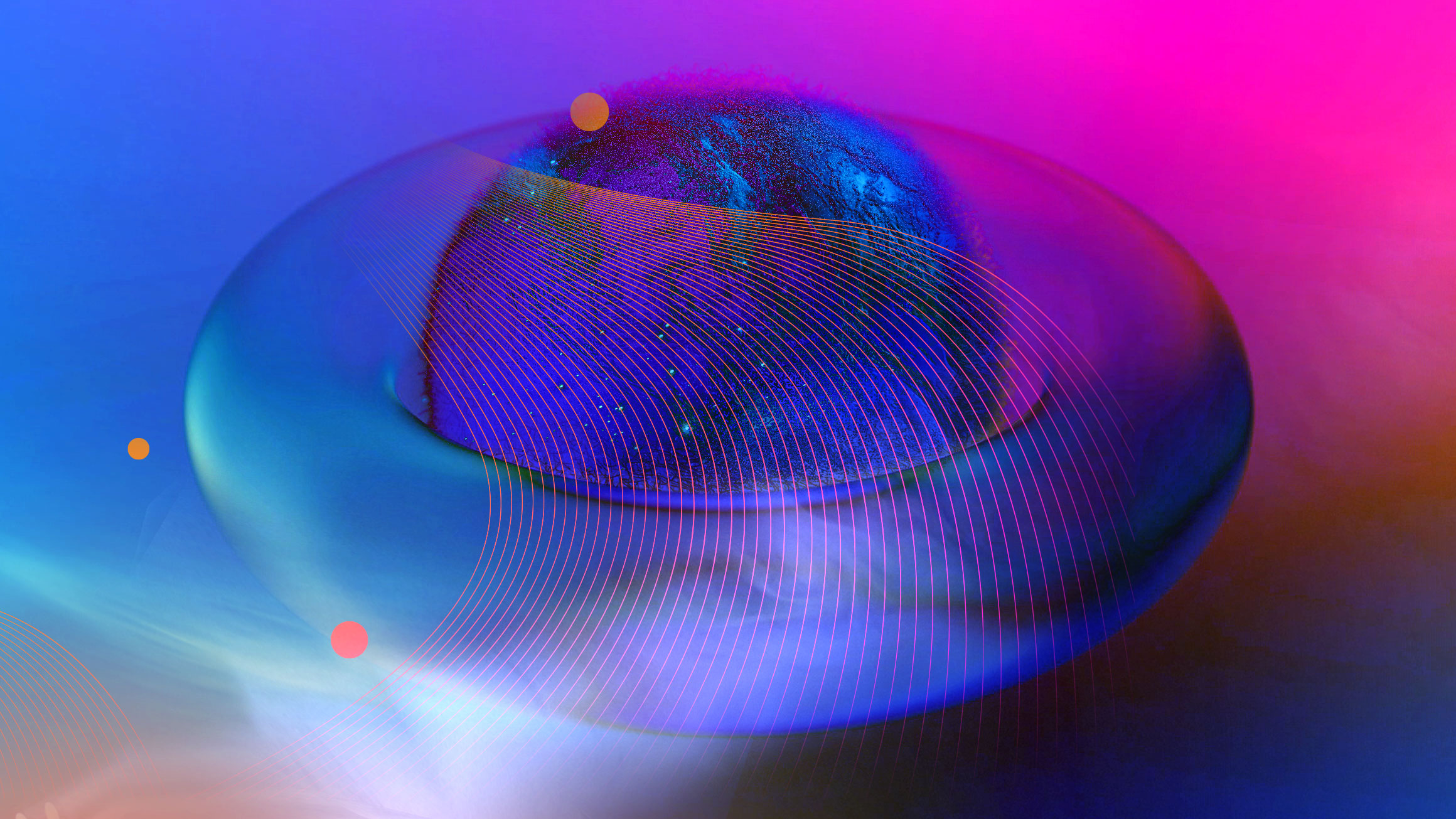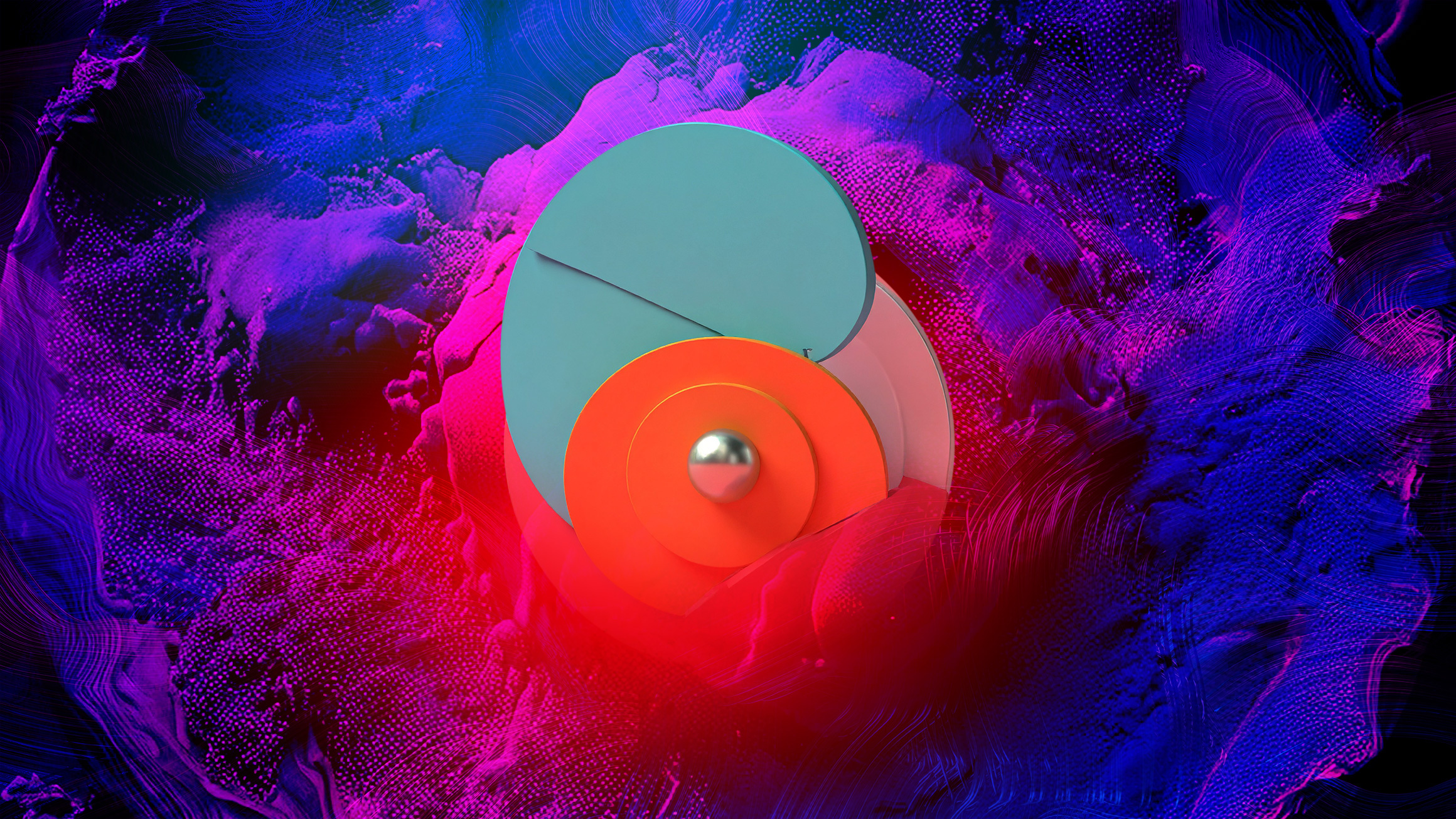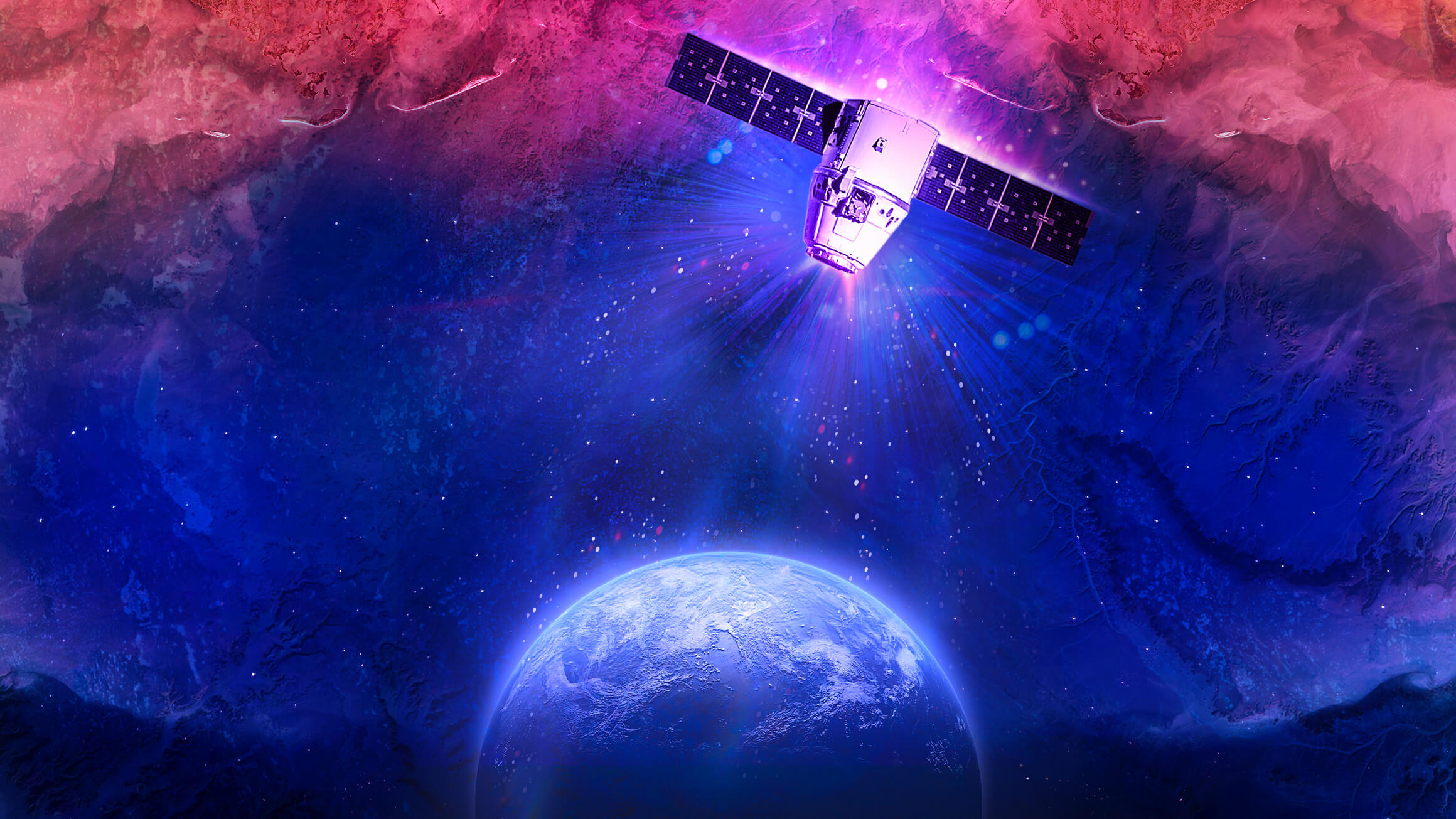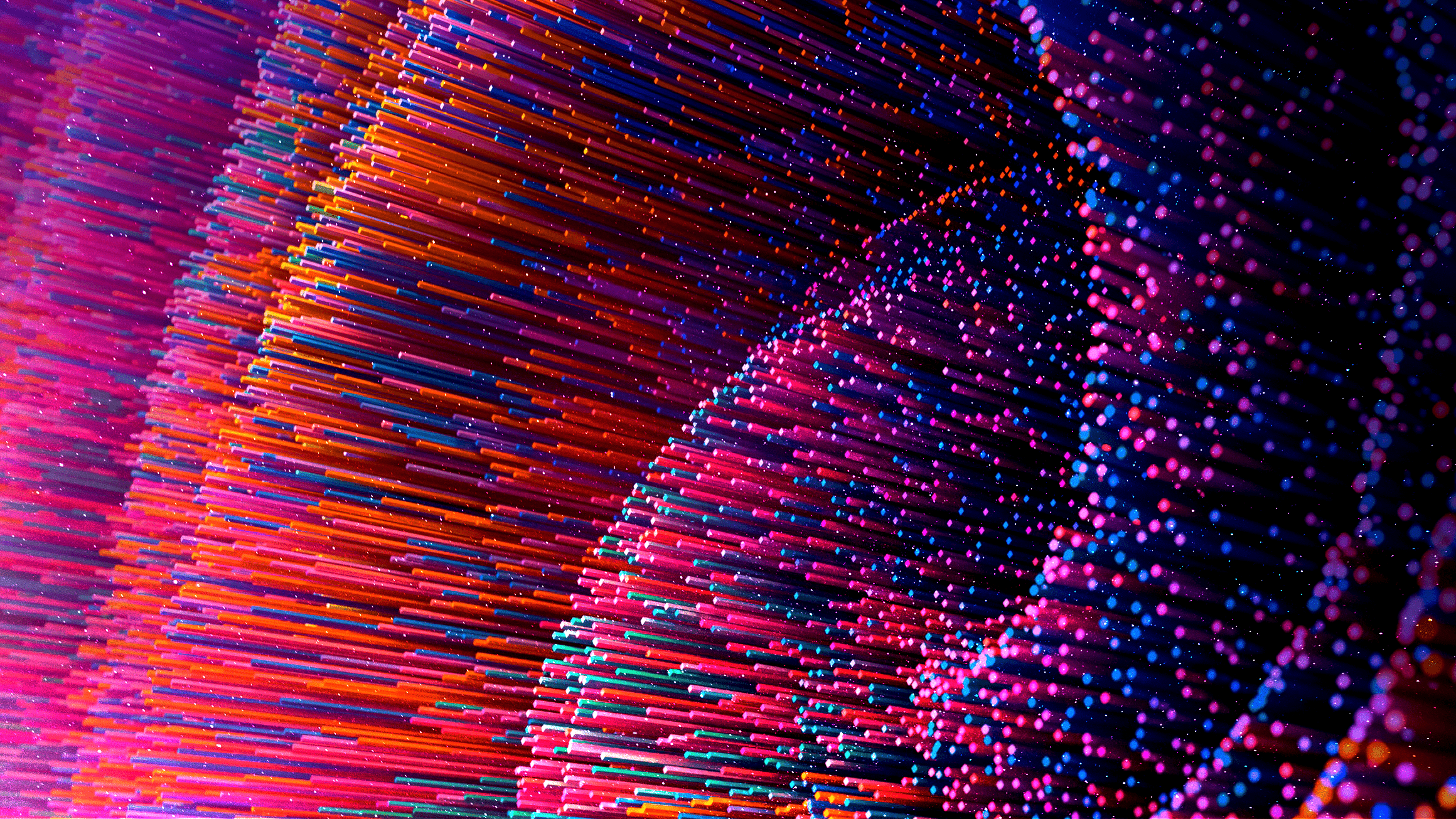Modern satellite and aerial photo analysis
The project involves the development of an artificial intelligence-based tool that analyses images from satellites, drones and aircraft. This solution will be particularly useful in agriculture – farmers will gain a complete insight into the state of their crops using the data collected. This will make it possible to forecast yields, select the right fertilisers and respond quickly in emergency situations. The tool will also help predict the risk of plant diseases and pests by analysing weather conditions and satellite images. This will enable farmers to detect risks early and take appropriate protective measures.
Notably, the project involves monitoring key agricultural crops in Poland, such as rapeseed, corn, wheat, and triticale. In order to visualise the measurements, a prototype of an internet platform will be created, which will make it possible to track current and archival data on crops. The website will be accessible not only to farmers, but also to public institutions, insurance companies and environmental organisations.
When collecting data from agricultural fields, archaeological traces can appear in the images. Therefore, a function has been added to the artificial intelligence module to recognise different types of such sites. When the system detects the presence of such traces, this can be reported to the Provincial Conservator of Monuments, which will enable additional research to be carried out on site.
Combining the recognition of plant diseases with the recognition of archaeological features on the same aerial and satellite images, significantly optimises data acquisition costs and reduces the footprint.
Innovations changing the face of agriculture and archaeology
The new solution introduced to the Polish market will significantly contribute to the development of the digitalisation of agriculture and improve the efficiency of crop management, while also supporting ecological activities. The system, based on regular monitoring as well as advanced indicators and artificial intelligence, will be able to create comprehensive analyses of agricultural ecosystems over the years. It will also allow them to be studied in relation to climate and economic change.
The project represents a significant opportunity to develop artificial intelligence methods to help with crop management. Our research will enable the development of effective methods to provide farmers with information on pest detection, vegetation condition and other necessary data for adapting agro-technical treatments to the situations. In the long term, this will not only bring economic benefits, but also health and ecological benefits due to the optimal use of fertilisers and plant protection products. Artur Nowakowski
Earth Observations Lead, TUATARA
The automatic recognition of archaeological distinguishing features, manifested by plant stress due to differences in soil moisture over subterranean archaeological monuments, will considerably optimise the process of detecting them. Continuous monitoring of crop fields will enable the capture of the correct, brief moment of their manifestation. This will save time for analysts, who currently have to manually review imaging and rely on their own vigilance.
Cooperation between TUATARA, Alioth Space and Warsaw University Of Technology
As part of the implementation of the initiative, TUATARA, Alioth Space and the Warsaw University of Technology are joining forces, bringing unique expertise and experience to the project.
TUATARA will conduct advanced research on image data analysis, developing solutions for crop condition estimation, land cover classification, environmental change detection and linear object detection. The company will also develop analytical models and optimise systems.
Alioth Space will focus on validating machine learning models, analysing key metrics and optimising parameters, as well as automating and improving the quality of the database. One of the company’s key tasks will also be to test the system with users and adapt it, based on the feedback collected.
Warsaw University of Technology is the entity responsible for the construction and development of reference databases for crop monitoring, multispectral data analysis, plant disease detection and yield estimation, which will contribute to the continuous improvement of the agricultural analysis system.






